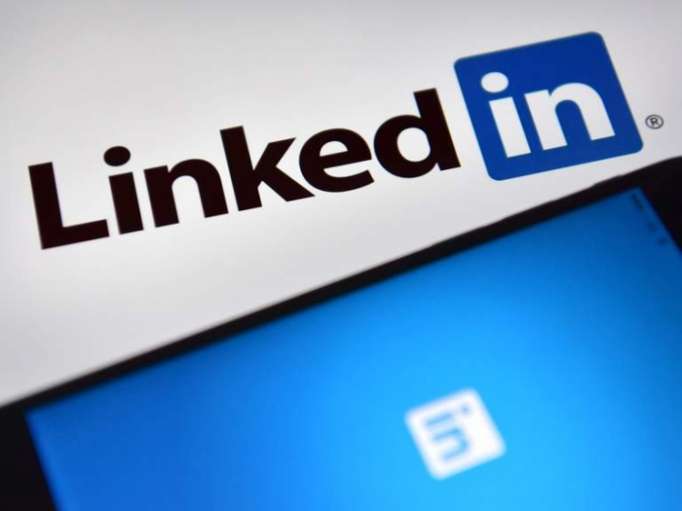Aurielle Marie Lucier, an Oakland based activist and poet, tweeted about the feature and pointed out that it could be used to dramatically lighten people's skin tones.
"So... I need to over expose my photo in order to lighten my skin enough so that it becomes professional," she wrote, posting a short clip in which viewers could see the effect of the feature.
The video illustrates how the filters can be used to make LinkedIn members appear paler in stylised photographs. The effect is pronounced when images of ethnic minorities are used.
LinkedIn spokesperson Darain Faraz defended the filters.
He said: "We had heard from a number of our members that they wanted tools to edit their photo on their LinkedIn profile, so we introduced photo filters and other tools to give them a range of options so they can use any photo that they feel best represents them."
He added that the company was "grateful to Aurielle for raising her concern and we will be looking at how our product demonstrations can better serve all of our members."
LinkedIn's photo filters and editing feature was introduced in March 2017.
It is designed to allow members to "enhance and crop" their existing photographs, including selfies and group shots, into an appropriate image for the site.
Six filters are available and users can also edit the brightness, contrast and saturation of the images. A clip demonstrating the editing tools emphasises their stylised impact.
Users are generally encouraged to add photos to the website, although it stressed that a profile "photo is an important piece to getting [users] noticed" in a blog written to launch the new filters .
The practice of skin lightening has attracted controversy in recent years and remains a minefield for companies to navigate.
Nivea was accused of racism in 2017 after advertising a fairness cream targeting women living in Africa, while L'Oreal attracted criticism in 2012 over an advert featuring Beyonce, in which she appeared with significantly lighter skin.
"The way advertising portrays fairness, it makes people think that skin lightening will make them white, which is beautiful," said Dr Sujata Jolly, a dermatology specialist who has criticised the skin whitening industry for decades.
She spends her days treating patients who have damaged their skin through using fairness products and says that "social pressures" are to blame.
However, the skin whitening industry shows no sign of slowing down and will be worth $8.9 billion by 2027 as predicted by Global Industry Analysts.
The Independent
More about: LinkedIn
















































